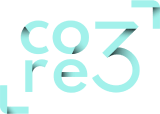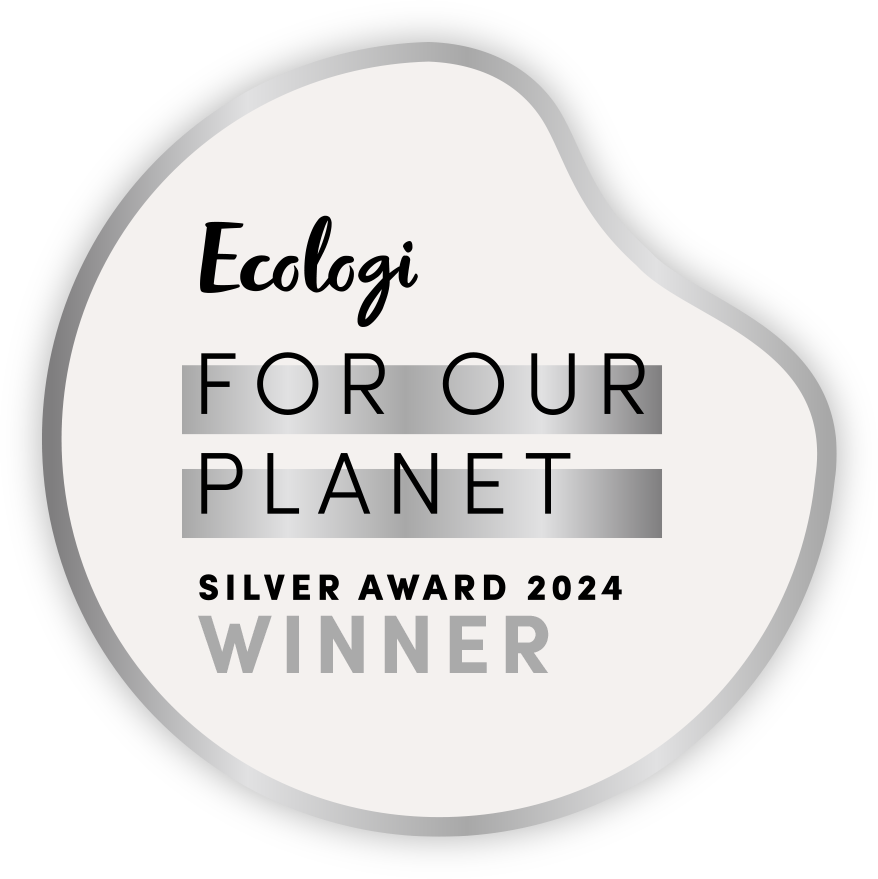It seems as if the world of business changes like the weather. And, unfortunately, there’s no corresponding weather app on our phones to help us navigate the climate of the business environment and its high pressures.
In some respect, today’s brave business leaders must be more alert than ever and take the necessary precautions to protect their staff and business concerns from whatever the prevailing conditions might be.
These brave explorers have had their resilience tested more than ever of late and those committed to creating impactled businesses are working harder than ever. Weathering the storms and being prepared to pivot has become a vital part of the job description.
So do we get undercover and hide away until the storms of the moment pass or do we learn to navigate through it. Personally, I believe with the right wisdom we can collectively fight through and be the first to bask in the sun.
Striving to find new products and dealing with the everchanging world of technology are just two of the skills we adopted as a collective workforce. Working remote and from home were alien to many of us, yet in the seat of necessity change we did. In some respect in a tide of uncertainty we learned to swim.
And, whilst all these factors are extremely important, business leaders have also had to re-discover their ‘why’? In fact, ‘why’ very quickly became more of a ‘must’ and the switch back to being more impact-driven saw many entrepreneurs, business owners and leaders embrace a cause rather than just the quest for cash.
This fresh approach has become like the next step in the evolution of capitalism, redefining its focus, and diverging from how our industrialist ancestors might have seen things. The intense passage of time has seen the growth of focus on corporate social responsibility or a “conscious capitalism” as opposed to one focused purely on the pursuit and creation of wealth. We believe that makes for better business.
No sphere of industry is excluded from this idea, everything is changing, and what has emerged is a force for good. While it might seem that heavy industry, manufacturing and the production of petrochemicals should be focusing on their social and environmental responsibility, conscious capitalism is a consideration for the finance and accounting sector as well. From a recruitment perspective alone, it is increasingly likely that when a prospective employee googles ‘finance jobs near me’ they will have an eye on what the company represents as a social entity as much as a fiscal one. People are making purpose a priority.
So, how does a forward-thinking company show their credentials to potential employees (and other stakeholders) as socially responsible, conscious capitalists?
The best place to start would be to get an understanding of what is meant by the term ‘conscious capitalism’. It’s a philosophy laid down by a business that emphasises how and why a business should work to a greater ethical standing, alongside the creation of the maximum profit that could be created. Purpose and profit can co-exist and not only that, for today’s emerging workforce it is becoming an expectation.
Conscious capitalism looks at not only the shareholders but also the stakeholders that work within the organisation and support it and the ideals behind conscious capitalism make the whole business work towards a higher purpose. ‘Finally!’ I hear you gasp, ‘A meaning behind the madness!’ The improvement of society is just as important as the improvement of sales figures.
Leaders in companies, be they CEOs or CFOs, also need this consciousness running through their decisions or risk losing the people that have made the choice to ‘be better and do better’. Think pensions, for example. Going into the pandemic many of us contributed to the pension schemes and never really asked too many questions, yet as we emerged, questions started to get asked as to where those funds were being invested. Oil, arms or pharma companies with a track record for animal testing began to shake the industry, as people started to ask the deeper questions. The clarity they gained as a result made for uncomfortable reading.
Motives were being questioned and businesses that had started off as well-meaning realized they had drifted. Now was the time to address ‘we always did it that way’ excuses and change to, ‘why are we doing it that way?’, and ‘how do we change it?’
As a result, when any prospective employee types in ‘finance jobs near me’ they will be looking for a company that has business practices that are on the ethical side and is clearly communicating this fact to them.
Any company committed to making a difference and improving the world around them can signal their decision to do so by making practical changes to the way that they work. This isn’t just a trend, it is an expectation.
Firstly, by looking at how their business can make a positive impact on the environment. Companies are charged with looking at their carbon footprint as trying to create a more sustainable environment is now a major concern for all of us. This means that working pro-actively to promote conservation and having a strong focus on your supply chain, recycling and renewable energies say more about you than the list of services you have on your website.
Secondly, having a strong ethic towards human rights can be illustrated to stakeholders by producing products that are safe, and not exploit those that are creating them in the first place by having a fair-trade policy practice. A commitment to diversity and provision of well-being programs for employees also communicate this value of ‘people first’. Companies with this strong ethos will be driven by the desire to create a safe and healthy environment for all to work in. In fact, these are the environments that we all want to work in or foster into our culture.
When companies focus on the social impact of their work and that any development that they engage in is sustainable, they are sending a strong message that they care about people and can be trusted to look after the people who work for them. They might also support organisations that work towards change in society, addressing poverty or lack of education either in the UK or where a product is produced. The impact is tangible and measurable. Legacy leadership has an eye on the future and creates a more positive outcome for those following.
Gone are the days when a business could be short-term in its thinking; it must think of the long term as well. The good news is that this kind of approach can only serve to enhance the reputation and brand of the company and mean that employee well-being programs are fully supported and regularly engaged with. We need to be looking after our fellow human beings.
At Core3 we have always aimed to be a purpose-driven organisation. Our ideal as a company is to make the world a better place, and any involvement with Core3 should be for the mutual benefit of both companies looking to employ and of those looking for employment.
For us there are three sacred tenets: people, planet and progress. We think differently about our approach, and we always look to do right by the customer, stakeholders, society and the planet. We believe that the quest for customer quality is one that should always be strived for, and we consider it essential to improve every day in action and mindset.
The company also places great importance on volunteering and providing workers to help where needed. To reduce our carbon footprint, we have ambitious tree planting and carbon reduction programs that greatly help to reduce the environmental impact of our business. We also work with local partners with a view to working with other stakeholders to ensure survival and success. Our biggest contribution, however, is probably our 3% commitment. Because we believe that business has a greater role to play than just making profit, we pledge 3% of our sales to people, planet, and progress, before we even make a penny.
3% of our sales revenue is equivalent to 10-15% of our profit, so it’s a significant amount which holds us accountable with every placement. What it means is that we can measure our contribution daily. We don’t necessarily have to make a profit to make an impact! We work hard, but we also work smart and we lead with legacy in mind.
Conscious capitalism is a model that others might wish to follow if they want to employ the kind of conscious stakeholder that we are attempting to find for companies throughout the UK.
These are brave and noble values for a company to hold, so why not join us and start to generate benefits that can be felt throughout society?
Our ‘people first’ approach ensures that we are the business to count on. The forecast is bright because we are committed to doing it right… and that has made all the difference.
So, what are you waiting for? Why not get in touch
#core3 #core3recruitment #recruitment #purpose #people #planet #giveback #consciousrecruitment #business #finance #accounting




